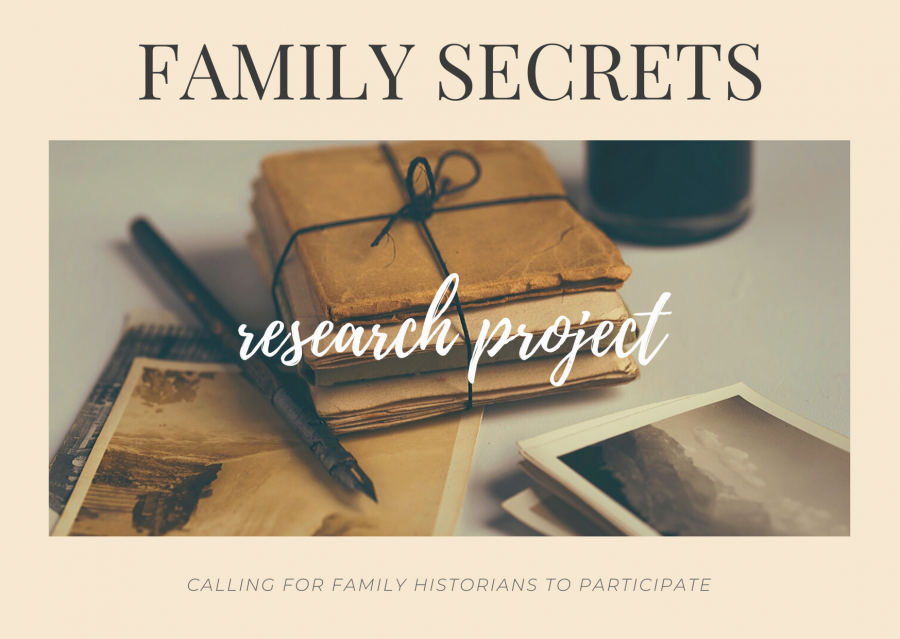
Genealogical study is a hot topic. Witness the lengths to which some 'historians' and genealogists are presently going to deny Bruce Pascoe's aboriginal antecedence, possibly to undermine his views about pre-Colonial aboriginal society. This particular instance of genealogical research should remind us of the traps that can result from a simple reading and over-reliance on early records; even for so-called historians, who should know better about the inherent limits of documents in tracing biological ancestry (note 1). Anyone researching their early Australian forebears will have to think about where they were and what they were doing during The Frontier Wars, a period from 1788 to 1928 (note 2).
The intersection of written records with family memory and oral history can be unsettling and sometimes divisive. If your family stories take you into this period you may like to contribute to a current university research project.
Ashley Barnwell, a Lecturer in Sociology from the University of Melbourne (note 3), is currently undertaking a national study that investigates how inherited family secrets, stories, and memories inform Australian’s understandings of colonial history. Ashley is looking to interview family historians who have found interactions between settlers and Indigenous Australians in their ancestry and who are doing some research into that aspect of the family tree.
Ashley outlines the context of the project 'Family Secrets':
'There has been a lot of research about how museums and schools deal with colonial history but not much acknowledgment that family historians are doing a lot of interesting historical research in this area and often writing up the findings for their families too, Ashley says. In his famous 1968 Boyer lectures After the Dreaming, WH Stanner spoke about 'the great Australian silence' around the treatment of Aboriginal peoples and the impacts of colonisation. Family stories sometimes mirror this silence, but families can also be places where past interactions between settlers and Aboriginal peoples are recorded and discussed, at least by some generations if not others.
Popular texts based on family history, such as Kate Grenville’s The Secret Riverand Sally Morgan’s My Place, show that unpacking family stories and secrets can stimulate public discussion of Australia’s colonial history. Ashley is very interested in how family relationships add an important layer to how historical research is done. When we read and write about our own families there are often extra layers of emotion that can inform what we choose to write and publish. Family historians sometimes also have to navigate tricky conversations with other relatives who may not be happy with the revelation of family stories or who insist on a different version of events.'
For this Australian Research Council-funded project, Ashley will do a study of self-published family history books, interviews with family historians, and some research into her own settler ancestors in mid-north coast NSW.
If you are interested in participating,
please contact Ashley via:
phone: 03 83444559
email: abarnwell@unimelb.edu.au; or
mail: Dr Ashley Barnwell, School of Social and Political Sciences, John Medley Building, Level 4, University of Melbourne, VIC, 3010.
***
Notes
1. Dark Emu(2014), Bruce Pascoe. See Keith Windschuttle citing Jan Campbell [Holland?] in QuadrantDecember 2019.
2. The Forgotten War, Henry Reynolds (2013).
3. Ashley Bardwell see https://findanexpert.unimelb.edu.au/profile/708324-ashley-barnwell

